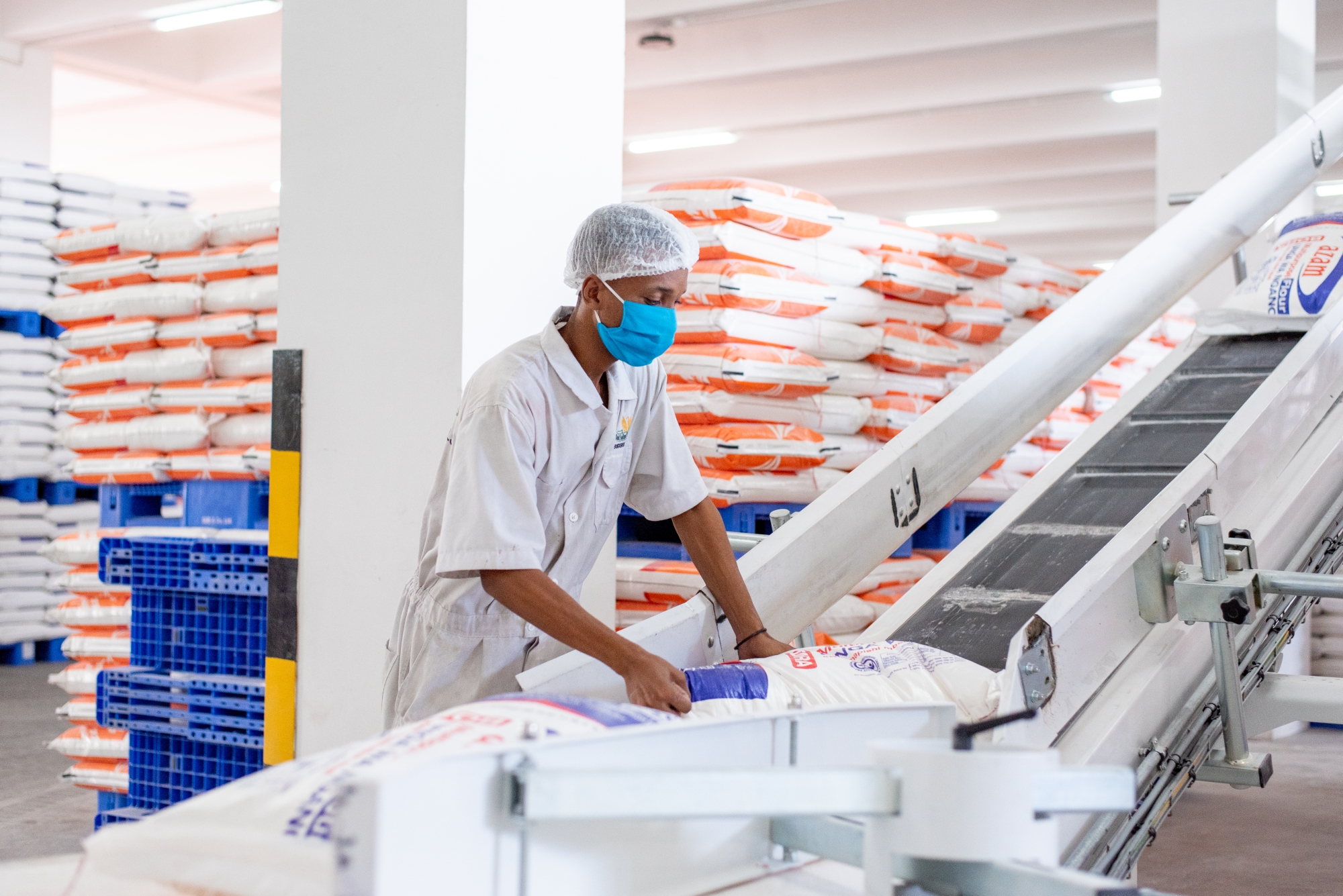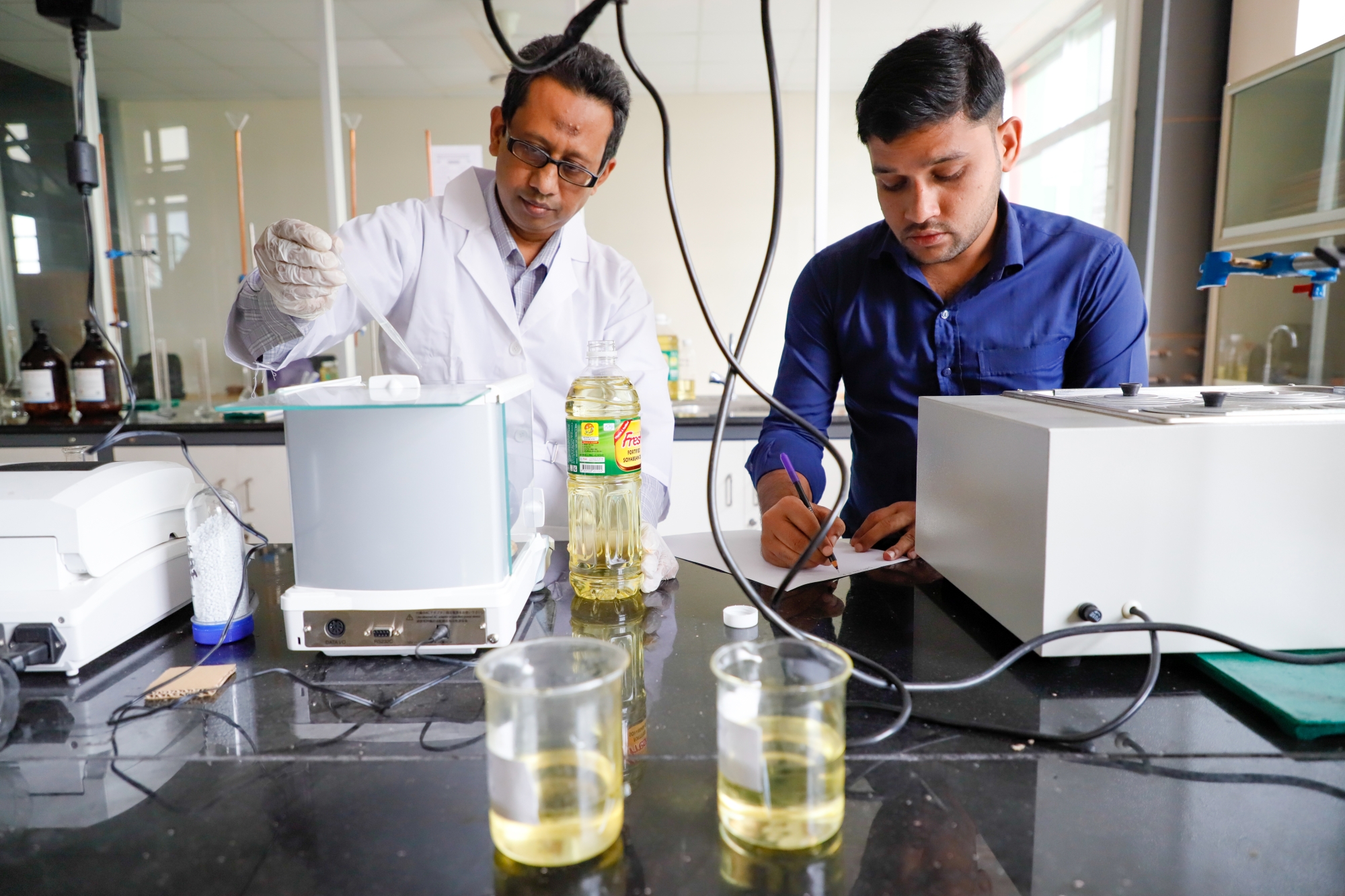Political Economy Decision Toolkit:
Anticipating Policy Bottlenecks to Food System Transformation
Food system transformation requires long-term commitment, but we live in a world of short-term political cycles and unforeseen crises that can deter momentum and reset policy priorities. Given that political economy dynamics can stymie efforts to implement food systems transformation agendas, GAIN has partnered with the International Food Policy Research Institute (IFPRI) to develop a Political Economy Decision Toolkit that identifies possible bottlenecks ex-ante and utilizes different sets of strategies to overcome them. The Toolkit was informed by discussions with GAIN’s policy advisors across Africa and Asia and revolves around six main domains that can be applied to either a narrow food policy issue, such as expanding school meals programmes, or to a broader topic, such as implementing national food system pathways.
The first domain refers to a stable and inclusive policy landscape, which is critical for ensuring that policies are not derailed by political volatility and that they credibly reflect the views of major stakeholders. The second domain focuses on stakeholder group preferences to identify not only the range of actors relevant to a particular food system policy but also their degree of decision-making and influential power and their level of support or opposition vis-à-vis the policy issue. Since food system policies are often cross-cutting, modalities of multisectoral coordination constitute the third domain in the toolkit. Such coordination should clearly delineate who has authority, anticipate bureaucratic tensions and trade-offs, and be sustainably funded. Likewise, multilevel coordination—the fourth domain—involves clear articulation of responsibilities across tiers of government, alignment with extant decentralization structures, recognition of the influence of partisan competition across government levels and avoids duplicative subnational food system initiatives. The fifth and sixth domains refer to core elements of food systems implementation: financing and administrative capacities. The former is captured by the broader macroeconomic environment, the degree of donor coherence, institutions for financial transparency, and budgeting rules and processes. The latter refers to human resources constraints, both in terms of number of required staff and their technical skills, and the degree of political interference in the bureaucracy.

The concepts embedded in each of these domains are operationalized by a set of sub-indicators that can be measured using both secondary and primary data that are elaborated on in the Toolkit. Each sub-indicator is given a 1 (lowest) to 3 (highest) score based on the data sources and can be aggregated across each domain. Practitioners can decide, based on their own area of inquiry, to weight certain domains over others when calculating a country’s overall aggregate score. The overall score can help to compare countries while the sub-indicator scores compare how one country performs with respect to each of the domains.
To ensure the Toolkit is practical, it offers an application to Mozambique’s National Strategy for Food and Nutrition Security (ESAN, 2023-2030). The Toolkit reveals that the largest political economy challenges for ESAN’s implementation include Mozambique’s policy stability and inclusion as well as challenges with multi-sectoral coordination, and weak administrative capacities. Bolstered by examples throughout the Toolkit, the assessment can support food system partners to anticipate ways to protect policy decisions despite expected instability and determine other types of institutional modalities to address weaknesses in extant coordination mechanisms.
We believe that the Toolkit can complement two other tools under GAIN’s Nourishing Food Pathways programme. These include the policy coherence tool, developed jointly by GAIN and AKADEMIYA 2063, to identify the extent to which sectoral policies and instruments reinforce or conflict with food systems goals, and the Financing Flows to Food Systems (3FS) methodology developed by IFAD and the World Bank to understand whether budgets are being allocated to support food systems priorities. Along with these other tools, we believe that the Political Economy Decision Toolkit will further strengthen the capacities of governments and their development partners to identify and navigate the political economy dynamics that are inherent within policy choices about food systems transformation.
